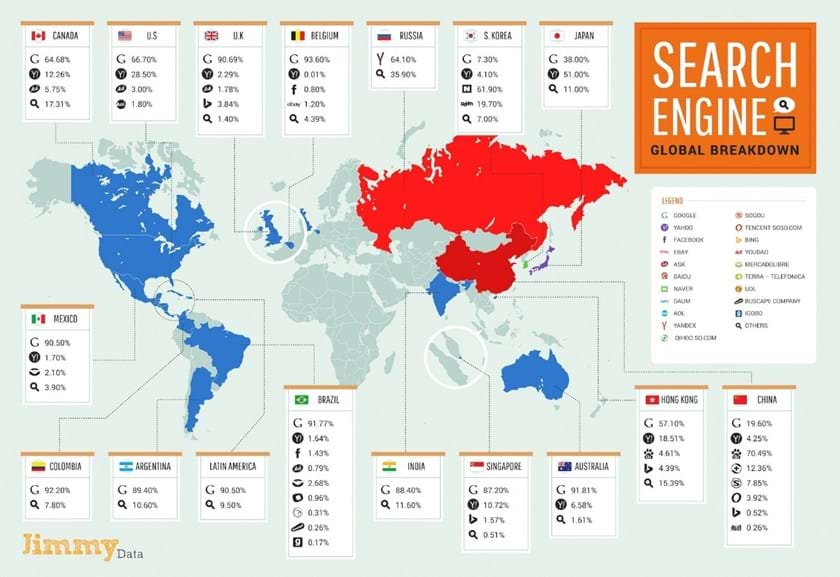How To Avoid These Common mistakes With Your International SEO Strategy

There are really no best and worst approaches to structuring your website for international SEO purposes. It just depends on which approach you prefer. However, there’s no sure way to tell what’ll be worse and better for you either. So is there really any good news?
Yes, there certainly is some good news about your SEO efforts: building backlinks to your site from sites that follow some basic rules of SEO can really help your website rank well internationally. But there’s also a lot of bad news about getting backlinks from foreign domains. However, by carefully planning out your international SEO strategy and structure, you can much more or less fit in with the international SEO community and, at the same time, get backlink profiles that are in accordance with your own backing profile.
International URL Standers:
One issue to remember is that some people use URLs that are not exactly the standard. They include slashes, dots, or hyphens – things that may look like they are part of the URL but are not part of the international standard. Some people use words that sound similar to words used in the English language and include them as part of their URL, even though those keywords don’t have anything to do with your target markets. Don’t fall into this trap.
To make it easy to distinguish between custom URL formats and best practices international SEO strategy, we’ll start with your backlinks. The most important thing to consider when it comes to backlinking is where your backlinks come from. If you’re working from scratch with no international SEO strategy in place at all, you might want to focus on creating custom URLs based on keywords and related content. This makes perfect sense in most cases because it will allow you to focus on creating the best content for your target audiences. Don’t worry if you aren’t familiar with the best practices associated with creating backlinks – there are plenty of examples out there.
However, what if you do have an international SEO strategy? Now you need to be more aware of how you are translating content to fit an international audience. You might not think of this as a problem, but you would be surprised how many times SEO teams make the mistake of translating content that doesn’t have the exact right spelling or grammar. This leads to ineffective SEO – not to mention an overall lack of trust in SEO teams and their processes.
Keyword Stuffing:
The second thing that you need to be aware of is keyword stuffing – again, this is something that most SEO teams make the mistake of doing. Keyword stuffing is a major no-no when it comes to optimizing for the search engines, and it is highly recommended that you stay away from this at all costs. Although Google does provide an external keyword tool, you should only focus on using relevant keywords within your own industry. This is because it will allow you to rank for the correct terms and not for keywords that don’t accurately reflect your target audience.
Content Adaptation:
Another major problem that is related to cultural differences is content adaptation. Content adaptation is when SEO teams try to use different methods of writing in different languages or when they write to a target audience that has completely different expectations of SEO content. For example, many businesses have a completely different way of thinking about the link building process than businesses that operate on a global scale. SEO teams that operate internationally make the mistake of focusing on writing SEO content in a unique way for each language.
Google’s free tools:
The last recommendation is to look at Google’s free tools, such as the Google search console. The Google search console allows you to see the number of searches performed for a particular term, as well as how many times it has been searched over a certain period of time. While it may seem like a large number of searches is not particularly useful information, it is highly recommended reading because it will highlight any problems with your strategy, such as an inability to effectively target your keywords.



